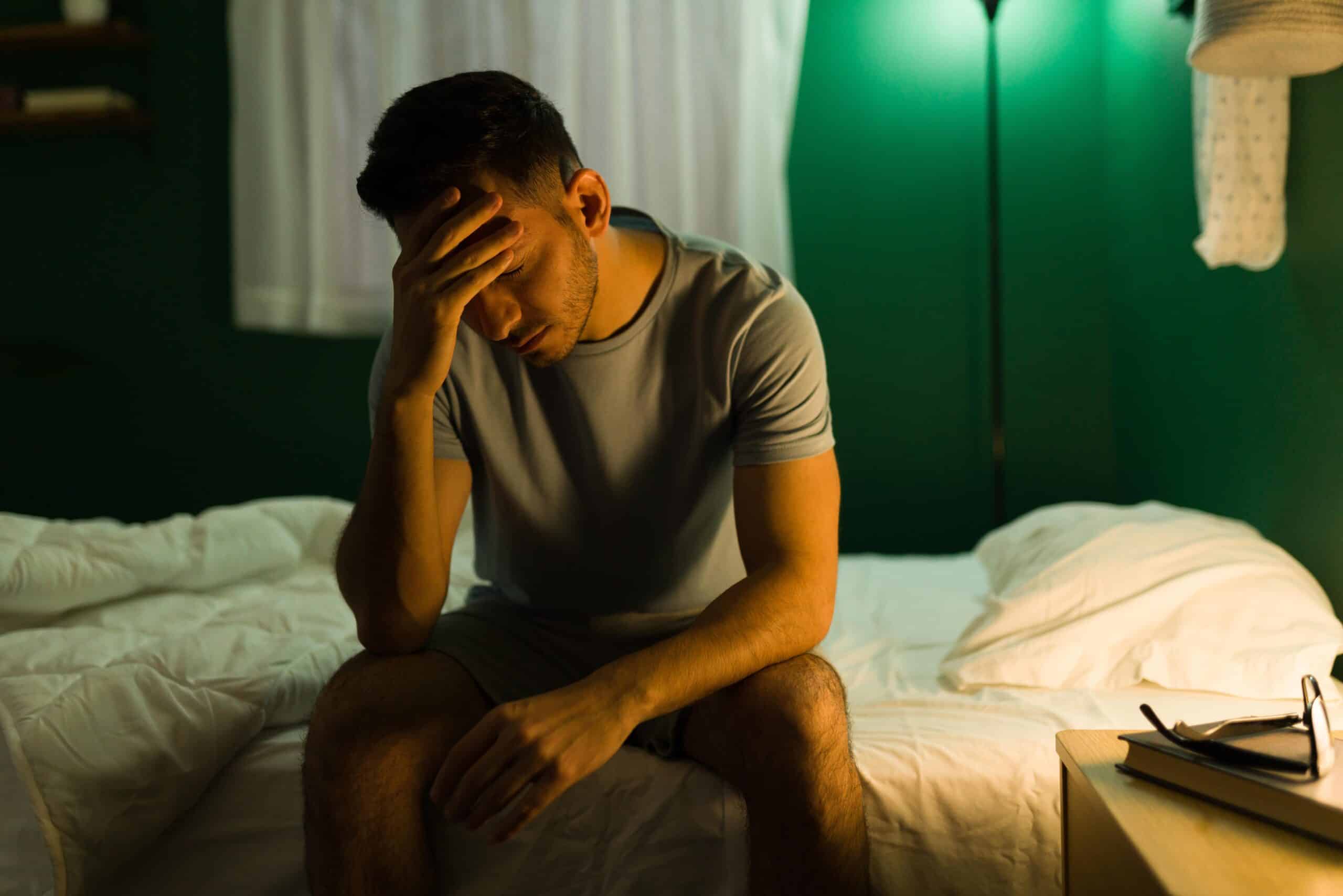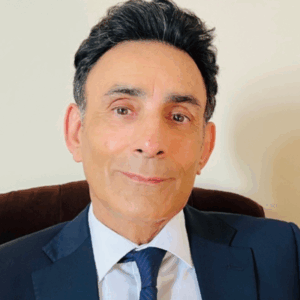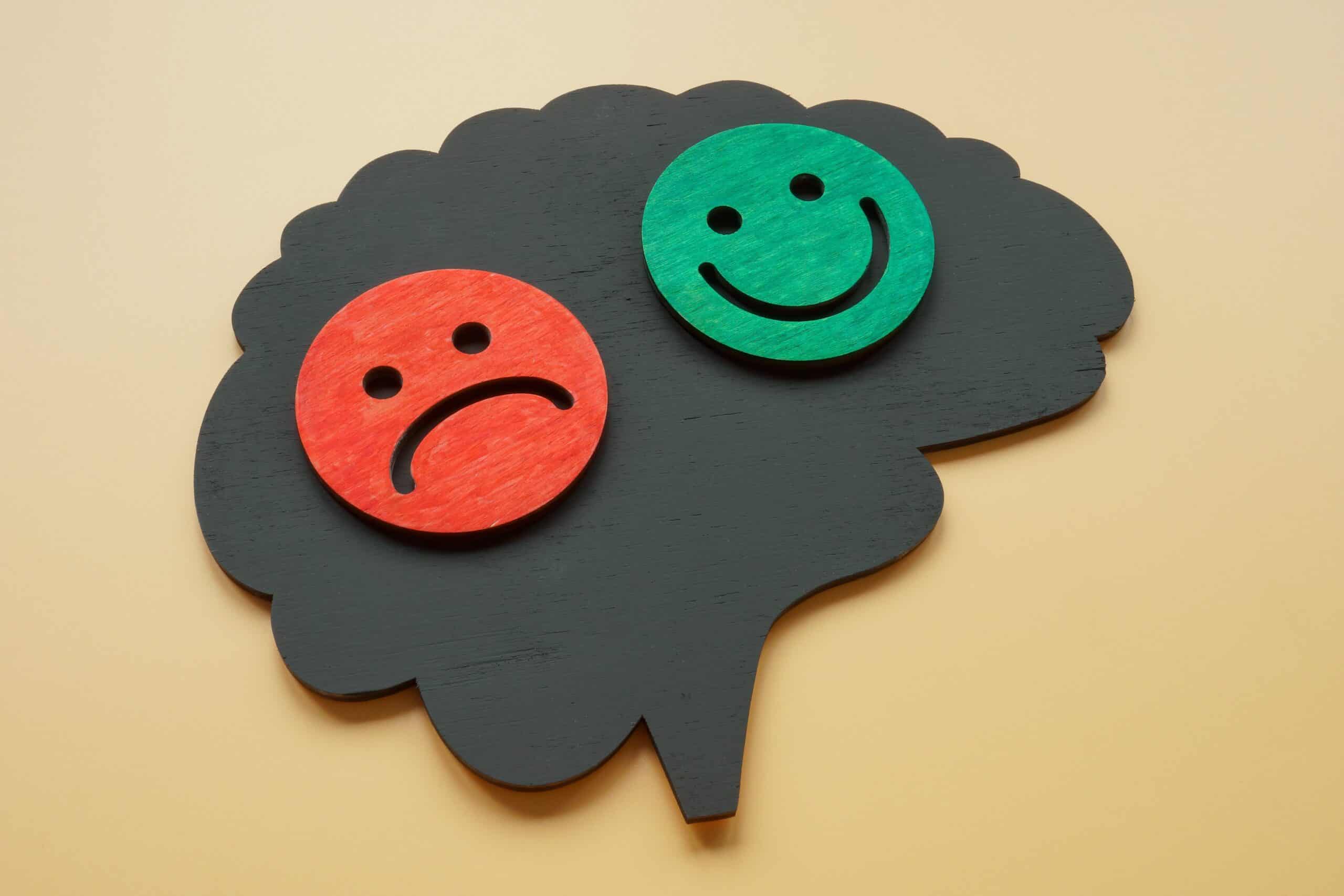The Dangers of Mixing Oxycodone and Alcohol
Most prescription medications come with a warning label stating not to drink alcohol with the medication. This warning applies to mixing oxycodone and alcohol just as with any other medication. Both of these substances affect the way a person thinks and feels, so when the two are combined, those effects are exacerbated because the other substance is present. The way the body reacts to the effects can be unpredictable. This is why the warning exists.
What is Oxycodone?
12 nofollow noopener noreferrer3>Oxycodone is a prescription pain reliever used to treat people with moderate to severe pain. It comes in tablet and liquid form to be administered through IV in hospital settings. It is habit forming and can lead to addiction to it in those who take Oxycodone long term. Because of the habit-forming properties, as well as the effects of the drug, it is a controlled substance only legally attainable through a prescription from a licensed medical doctor.
Effects of Oxycodone
When taken as prescribed, Oxycodone is effective in the treatment of pain. Oxycodone can cause a euphoric feeling in those who take it, and this leads to people abusing the drug. Some of the effects of this drug include drowsiness, lightheadedness, nausea, and constipation. Other side effects of this medication can include:
- Decreased sex drive
- Chest pain
- Hives
- Loss of appetite
- Agitation and mood changes
- Itching
- Rash
Some of the effects can be heightened when Oxycodone and alcohol are mixed, leading to unpredictable effects and reactions.
Is it Addictive?
Oxycodone is a habit-forming medication that can lead to addiction in those who take it long-term. When used to treat chronic conditions, the body can become dependent upon this drug in order to feel any relief from pain, and it can also affect the pleasure senses. When the body becomes accustomed to certain levels of Oxycodone being taken, it can cause tolerance. This leads to needing more and more of it in order to feel relief, later resulting in an addiction to the drug.
Dangers of Mixing Oxycodone and Alcohol
A physician should never prescribe Oxycodone to someone they know abuses alcohol. This is because the warning label clearly states to not mix Oxycodone and alcohol. The dangers associated with mixing Oxycodone and alcohol include damage to the brain. Both of these substances have profound effects on the brain and its structure. Anyone who has drunk alcohol knows that it affects reaction times, mental clarity, and the ability to form memories. When Oxycodone and alcohol are used together, these effects can be heightened.
Both Oxycodone and alcohol affect the way a person feels things. If someone is going through a bout of depression or suffers from it long term, these two substances can make those feelings of worthlessness, uneasiness, and depression so much more extreme. Being that they both affect the central nervous system (CNS), vital processes such as breathing can be affected by these two substances. Using them in conjunction with one another can make those effects more profound.
Other dangers of mixing Oxycodone and alcohol can include high or low blood pressure, nausea, vomiting, lowered heart rate, seizures, as well as liver and other organ damage.
Signs of Addiction
When it comes to addiction, there are many signs to look out for in a friend or family member. This can include things like secrecy, lying, manipulating, or participating in risky behaviors like drinking and driving or theft. Other things that could be indicative of addiction to Oxycodone and alcohol can be:
- Withdrawal from enjoyable activities
- Isolation
- Lying about usage
- Drinking in secret
- Hiding the use of the medication
- Physical symptoms when the substances aren’t used
- Blacking out
When someone becomes addicted to a substance and then stops using it, it can lead to some severe withdrawal symptoms. It is highly suggested to be monitored by medical professionals when this happens to prevent complications.
Alcohol and Oxycodone Withdrawal Symptoms
Both Oxycodone and alcohol dependence comes with the risk of physical withdrawal symptoms if the substances are abruptly stopped. The body has become accustomed to their effects and when it is no longer receiving them, it physically has to remove the substances resulting in these symptoms. Everyone experiences different symptoms and intensities. Generally, the symptoms experienced can include nausea, vomiting, diarrhea, loss of appetite, seizures, low blood pressure, dehydration, insomnia, restlessness, anxiety, depression, suicidal thoughts or behaviors, and muscle pains or cramping. Some of these symptoms can lead to severe consequences if not addressed, this is why it is suggested to be professionally monitored while going through them.
Recovery in Kentucky
Struggling with an addiction to prescription painkillers like Oxycodone mixed with an alcohol addiction can be extremely detrimental. There are many complications that can occur as a result of this combination. Recovery is possible. Lexington Addiction Center offers a safe place to heal and begin the next chapter of life. If you or a loved one are struggling, contact us today and begin the next phase of life free of the chains of addictive substances.
FAQ: Dangers of Mixing Oxycodone and Alcohol
-
Why is it dangerous to mix oxycodone and alcohol?
Mixing oxycodone and alcohol is dangerous because both substances depress the central nervous system (CNS), which regulates critical functions like breathing, heart rate, and consciousness. Oxycodone — a prescription opioid — slows down pain signals and can also slow respiration. Alcohol is a depressant that impacts the brain’s communication systems and reduces inhibitory control. When taken together, their depressant effects don’t just add up — they compound. This means the risk of dangerously slowed or irregular breathing increases dramatically, which can lead to respiratory failure, brain damage from lack of oxygen, or even death. Many people underestimate this risk because they think one substance will counteract the other, but that assumption is misleading. Instead of balancing each other out, alcohol and opioids can mask warning signs of overdose, making it harder for the user or bystanders to recognize danger in time to act. Because of these synergistic effects, combining oxycodone and alcohol significantly raises the likelihood of severe medical complications, including loss of consciousness, coma, and fatal overdose. Medical professionals strongly advise against using these substances together under any circumstances.
-
How do oxycodone and alcohol each affect the body on their own?
Oxycodone and alcohol both influence the central nervous system, but in different ways that become especially dangerous when the substances are combined. Oxycodone is an opioid prescribed to manage moderate to severe pain. It binds to opioid receptors in the brain and spinal cord, decreasing the perception of pain and producing a calming, euphoric effect. As a depressant, it slows breathing, heart rate, and reflexes. Alcohol is also a CNS depressant, which means it slows down brain activity and diminishes inhibitory control. In small amounts, alcohol may produce relaxation or disinhibition, but in larger quantities it can impair judgment, coordination, and motor skills. Both substances independently reduce reaction times and cognitive functioning. However, when they are used together, these depressant effects overlap and intensify, increasing the risk of life-threatening outcomes. Because each substance affects similar physiological pathways — particularly those governing respiration and alertness — combining them can push breathing and cardiovascular systems into dangerous territory that neither substance would necessarily produce alone. Understanding how each substance affects the body helps clarify why their combination is especially high-risk.
-
How does mixing oxycodone and alcohol increase the risk of overdose?
Mixing oxycodone and alcohol increases the risk of overdose because their combined depressive effects can overwhelm the body’s ability to regulate essential functions like breathing and heart rate. Overdose isn’t just “taking too much of one drug” — it’s when the body can no longer maintain vital functions. Oxycodone slows respiratory rate as part of its pharmacological action, and alcohol further depresses the central nervous system, making breathing even shallower or slower. This double effect can reduce oxygen levels in the blood to critical levels without obvious warning signs. During an overdose, a person may become unresponsive, exhibit dangerously slow or irregular breathing, have blue lips or fingertips (a sign of oxygen deprivation), and may not wake up even when shaken. In many cases, the user or bystanders do not recognize the severity of the situation until it’s too late. Because the early signs of overdose can be subtle and because alcohol can dull perception and awareness, the window for life-saving intervention — like administering naloxone and calling emergency services — closes quickly. That is why combining oxycodone and alcohol is considered a medical emergency risk with the potential for fatal outcomes.
-
Can combining oxycodone and alcohol affect judgment and behavior?
Yes — combining oxycodone and alcohol significantly affects judgment and behavior because both substances impair cognitive and decision-making processes. Oxycodone, as an opioid, influences brain regions that regulate pain, reward, and impulse control. Alcohol, as a depressant, inhibits the brain’s ability to process information, assess risk, and regulate emotions. When both are present in the system, the impairment is not only additive but multiplicative — meaning the effects are stronger than either substance alone. This can lead to dangerous decision-making, such as driving while impaired, attempting risky activities, or underestimating the degree of intoxication. Emotional responses may become exaggerated or unpredictable, and individuals may act without considering consequences. Because both substances dampen inhibitory control and slow neural communication, a person may be unaware of how impaired they really are, increasing the likelihood of accidents, injuries, or unsafe choices. These behavioral impairments can occur even at moderate doses, especially when tolerance levels vary or when substances are mixed unexpectedly. This makes everyday activities that require alertness — like operating a vehicle or machinery — far more risky under the influence of both oxycodone and alcohol.
-
How does combining oxycodone and alcohol affect the liver and other organs?
Both oxycodone and alcohol are metabolized by the liver, which is responsible for breaking down and detoxifying substances. When these substances are taken together, they increase the metabolic load on the liver, which can heighten the risk of liver damage over time. Alcohol is known to cause inflammation of liver cells and contribute to conditions such as fatty liver disease, alcoholic hepatitis, and cirrhosis when used chronically. Oxycodone, while not as directly hepatotoxic as alcohol, still places stress on liver enzymes because it must be processed through the same metabolic pathways. When both substances are present, the liver’s ability to break down toxins efficiently is compromised, increasing the chance of elevated liver enzymes, inflammation, and cellular stress. Other organs such as the kidneys, heart, and lungs may also be affected because of the systemic depression of vital functions. Chronic combined use can weaken immune response, impair organ function, and increase susceptibility to infections or other medical complications. Because organ systems work in concert, the stress of processing multiple depressants simultaneously creates a greater risk for long-term health issues beyond the immediate danger of overdose.
-
What are the signs that someone might be experiencing a dangerous reaction to oxycodone and alcohol?
Signs of a dangerous reaction to oxycodone and alcohol can range from subtle to severe, and recognizing them early can be life-saving. Early warning signs may include extreme drowsiness, slurred speech, and confusion, which indicate significant central nervous system depression. Difficulty waking the person or a noticeable decline in responsiveness — such as nodding off repeatedly or being unresponsive to stimuli — suggests that respiratory function may be compromised. Other physical signs include slow or irregular breathing, bluish tint to lips or fingertips (a sign of oxygen deprivation), limp or weak muscles, and a slow or absent gag reflex. Emotional or behavioral signs like incoherent speech, agitation followed by sudden calm, or inability to focus can also indicate a dangerous reaction. Because alcohol can dull perception of impairment, the person may not be able to recognize or communicate how they’re feeling accurately. If any of these signs are present, it’s critical to seek emergency medical help immediately, as rapid intervention — including administration of naloxone and professional respiratory support — can prevent fatal outcomes. Waiting or assuming the situation will improve on its own puts the individual at risk of irreversible harm.
-
Can tolerance or dependence change the risks of mixing these substances?
Yes — tolerance and dependence can significantly alter the risks associated with mixing oxycodone and alcohol. Tolerance means the body has adapted to the presence of a substance, requiring higher doses to achieve the same effect. Dependence means the body expects the substance to function normally, and its absence causes withdrawal symptoms. Both tolerance and dependence develop when substances are used repeatedly over time. When someone has tolerance to oxycodone, they may take higher doses to feel the desired effects, which increases the risk of toxicity when alcohol is also present. Similarly, someone who regularly consumes alcohol may have compromised physiological responses that make opioid effects more unpredictable. Dependence complicates the picture because the nervous system is already adapted to functioning with these substances present, making abrupt changes in dose or mixing patterns harder to tolerate. This combination of tolerance, dependence, and CNS depression increases the potential for respiratory depression, loss of consciousness, and cardiac instability, making the mix far more dangerous than casual or isolated use. Even people who believe they are “used to” these substances can experience life-threatening interactions when they combine them.
-
What should someone do if they suspect a dangerous interaction between oxycodone and alcohol?
If someone suspects a dangerous interaction between oxycodone and alcohol — especially signs of overdose or CNS depression — it’s critical to act fast. The first step is to call emergency services immediately; do not wait to see if symptoms improve on their own. While waiting for help to arrive, try to keep the person awake and sitting up if they are conscious, and monitor their breathing and responsiveness. If trained and naloxone (Narcan) is available, administer it according to instructions; naloxone can temporarily reverse opioid effects and provide valuable time before medical personnel arrive. Avoid leaving the person alone — respiratory depression can worsen quickly and unpredictably. If the person becomes unresponsive, initiate CPR if you are trained to do so while emergency responders are en route. It’s important not to induce vomiting or give additional substances in an attempt to “balance” the effects, as this can make the situation worse. Quick and decisive action can mean the difference between life and death when oxycodone and alcohol interact dangerously. Once the immediate crisis is resolved, consulting medical professionals for evaluation and treatment planning is essential to prevent future risk.
Blog Content Disclaimer – Educational & Informational Use
The content published on Lexington Addiction Center blog pages is intended for general educational and informational purposes related to addiction, substance use disorders, detoxification, rehabilitation, mental health, and recovery support. Blog articles are designed to help readers better understand addiction-related topics and explore treatment concepts, but they are not a substitute for professional medical advice, diagnosis, or individualized treatment planning.
Addiction and co-occurring mental health conditions are complex medical issues that affect individuals differently based on many factors, including substance type, length of use, physical health, mental health history, medications, age, and social environment. Because of this variability, information discussed in blog articles—such as withdrawal symptoms, detox timelines, treatment approaches, medications, relapse risks, or recovery strategies—may not apply to every individual. Reading blog content should not replace consultation with licensed medical or behavioral health professionals.
If you or someone you know is experiencing a medical or mental health emergency, call 911 immediately or go to the nearest emergency room. Emergencies may include suspected overdose, seizures, difficulty breathing, chest pain, severe confusion, hallucinations with unsafe behavior, loss of consciousness, suicidal thoughts, or threats of harm to oneself or others. Lexington Addiction Center blog content is not intended for crisis intervention and should never be used in place of emergency care.
Detoxification from drugs or alcohol can involve serious medical risks, particularly with substances such as alcohol, benzodiazepines, opioids, and certain prescription medications. Withdrawal symptoms can escalate quickly and may become life-threatening without proper medical supervision. Any blog content describing detox, withdrawal, or substance cessation is provided to raise awareness and encourage safer decision-making—not to instruct readers to detox on their own. Attempting self-detox without medical oversight can be dangerous and is strongly discouraged.
Blog articles may discuss various addiction treatment options, including medical detox, residential or inpatient rehab, outpatient programs, therapy modalities, medication-assisted treatment, aftercare planning, and recovery support services. These discussions reflect commonly used, evidence-informed approaches but do not represent guarantees of effectiveness or suitability for every person. Treatment recommendations should always be based on a comprehensive assessment conducted by licensed professionals.
Information related to insurance coverage, treatment costs, or payment options that appears within blog content is provided for general informational purposes only. Insurance benefits vary widely depending on the individual’s plan, carrier, state regulations, and medical necessity criteria. Coverage details may change without notice, and no insurance-related statements on blog pages should be interpreted as a promise of coverage or payment. Lexington Addiction Center encourages readers to contact our admissions team directly to verify insurance benefits and eligibility before making treatment decisions.
Some blog posts may reference third-party studies, external organizations, medications, community resources, or harm-reduction concepts. These references are provided for educational context only and do not constitute endorsements. Lexington Addiction Center does not control third-party content and is not responsible for the accuracy, availability, or practices of external websites or organizations.
Blog content may also include general advice for families or loved ones supporting someone with addiction. While these discussions aim to be supportive and informative, every situation is unique. If there is an immediate safety concern—such as violence, overdose risk, child endangerment, or medical instability—emergency services or qualified professionals should be contacted right away rather than relying on online information.
Use of Lexington Addiction Center blog pages does not establish a provider–patient relationship. Submitting comments, contacting the center through a blog page, or reading articles does not guarantee admission to treatment or access to services. Recovery outcomes vary, and no specific results are promised or implied.
If you are struggling with substance use, withdrawal symptoms, or questions about treatment, we encourage you to seek guidance from licensed healthcare providers. For personalized information about treatment options or insurance verification, you may contact Lexington Addiction Center directly. For emergencies, call 911 immediately.
-

Call or message us
You’ll connect with a compassionate admissions coordinator who understands what you’re going through. -

Free assessment
We’ll ask about your drug use, medical history, and mental health to help build the right plan. -

Insurance check
We’ll verify your benefits and explain exactly what’s covered—no surprises. -

Choose a start date
If you’re ready, we can often schedule your intake the same week.
-
→ Contributors
-
→ Accreditations & Licenses
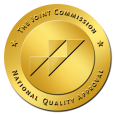 The Joint Commission
The Joint Commission
Awarded The Gold Seal of Approval® for meeting rigorous performance standards in safety, quality, and patient care. LegitScript Certified
LegitScript Certified
Validates compliance with laws and regulations, confirming transparency and accountability in addiction treatment marketing.BBB Accredited
Demonstrates ethical business practices, client satisfaction commitment, and a trusted reputation in the community.Psychology Today Verified
Verified listing on Psychology Today, a trusted directory for addiction treatment providers and behavioral health centers.HIPAA Compliant
Ensures all patient health information is protected and managed under strict federal privacy and security standards.NAATP Member
Lexington Addiction Center is a proud member of the National Association of Addiction Treatment Providers (NAATP). 5-Star Google Reviews
5-Star Google Reviews
Recognized for consistent 5-star ratings, reflecting excellent care and trusted patient experiences at Lexington Addiction Center.Help.org Recognition
Recognized by Help.org for quality addiction treatment services and community impact. -
→ Meet Our Team
At Lexington Addiction Center, we believe that recovery is a journey, not a destination. That’s why we offer a comprehensive continuum of care, delivered by a team of experienced and compassionate professionals. Our team is made up of licensed therapists, counselors, nurses, and other professionals who are passionate about helping people achieve lasting sobriety. Whether you are just starting your recovery journey or you are a seasoned veteran, we are here to support you every step of the way. We believe in you, and we are committed to helping you achieve your recovery goals.
-
→ Tour Our Rehab Center
Explore Lexington Addiction Center’s drug & alcohol detox rehab treatment center in Lexington, KY and step into private therapy offices, spacious group rooms, and tranquil lounges where thoughtful design supports every stage of substance-use recovery.
Addiction Treatment Services
Mental Health Services
Treatment Programs
Yes, Your Insurance Covers Detox and Rehab Treatment
Complete a free, confidential Verification of Benefits to learn more about what resources may be available to you.

Contact Us Today
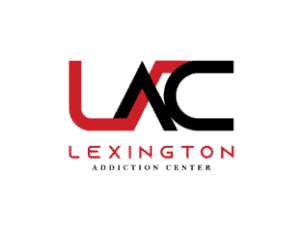
Addiction and co-occurring disorders don’t have to control your life. Lexington Addiction Center is waiting with open arms to give you the tools necessary for lasting change. Reach out to us today to learn more.
 859-681-7823
859-681-7823

